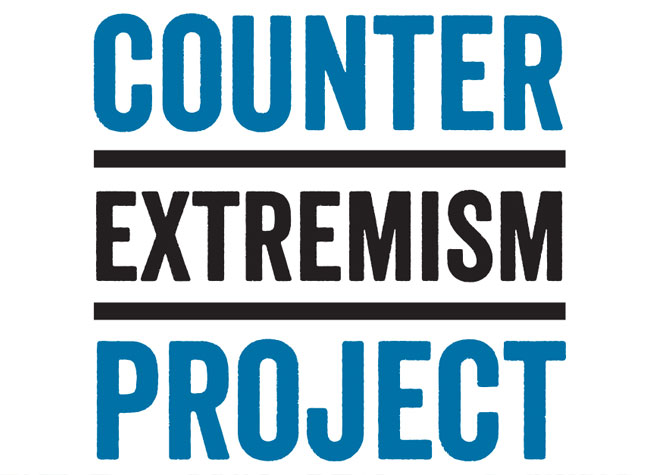The Counter Extremism Project (CEP) released the following statement in advance of tech companies’ upcoming hearings before the U.S. Senate and House of Representatives:
Internet and social media companies have a troubling record of denial and inaction when it comes to misuse of their platforms.
Tech companies also adhere to a predictable response pattern when faced with evidence of such misuse, one that is characterized by denial, followed by half-measures and attempts to spin the issue in the media, and finally reluctantly taken action or disclosure when faced with threats to their bottom-line or regulatory action.
(Lawyers from Twitter, Facebook and Google will meet with congressional investigators to talk about the role they played in Russia’s attempt to influence last year’s election. Courtesy of CBS News and YouTube. Posted on Oct 28, 2017)
For example, tech companies have just begun to disclose the extent of Russian-controlled accounts and pages despite reports of such meddling emerging nearly a year ago, which were quickly dismissed by Facebook CEO Mark Zuckerberg and others.
Similarly, CEP and others have called for definitive, effective, and transparent action against extremists and their followers who misuse Facebook, Google-owned YouTube, and Twitter to recruit, radicalize, and incite to violence.
Tech companies must be held accountable if they refuse to act when there is clear misuse of their platforms—whether it concerns Russian meddling or extremists and terrorists spreading their calls to violence.
(Congress is starting a series of hearings with representatives of Facebook, Google, and Twitter on how to handle online content posted by extremists, but the companies have yet to face much pressure to do anything about it. Courtesy of CBS Chicago and YouTube)
Unfortunately, tech companies continue to demonstrate that they are willing to cooperate only when faced with the prospect of lost revenue and/or regulation.
Given this fact, the industry’s oft-touted plan to abide by an ‘emerging normative framework’ of self-regulation is clearly unfeasible if not dangerous.
(Learn More in this introduction to the Counter Extremism Project. Courtesy of CEP and YouTube)
CEP applauds the Senate Judiciary Committee’s Subcommittee on Crime and Terrorism, the House Permanent Select Committee on Intelligence, and the Senate Select Committee on Intelligence for holding these important hearings today and on November 1.
Though much more work needs to be done, these discussions are a step in the right direction.
 The Counter Extremism Project (CEP) is a not-for-profit, non-partisan, international policy organization formed to combat the growing threat from extremist ideologies.
The Counter Extremism Project (CEP) is a not-for-profit, non-partisan, international policy organization formed to combat the growing threat from extremist ideologies.
Led by a renowned group of former world leaders and diplomats it combats extremism by pressuring financial and material support networks; countering the narrative of extremists and their online recruitment; and advocating for smart laws, policies, and regulations.















